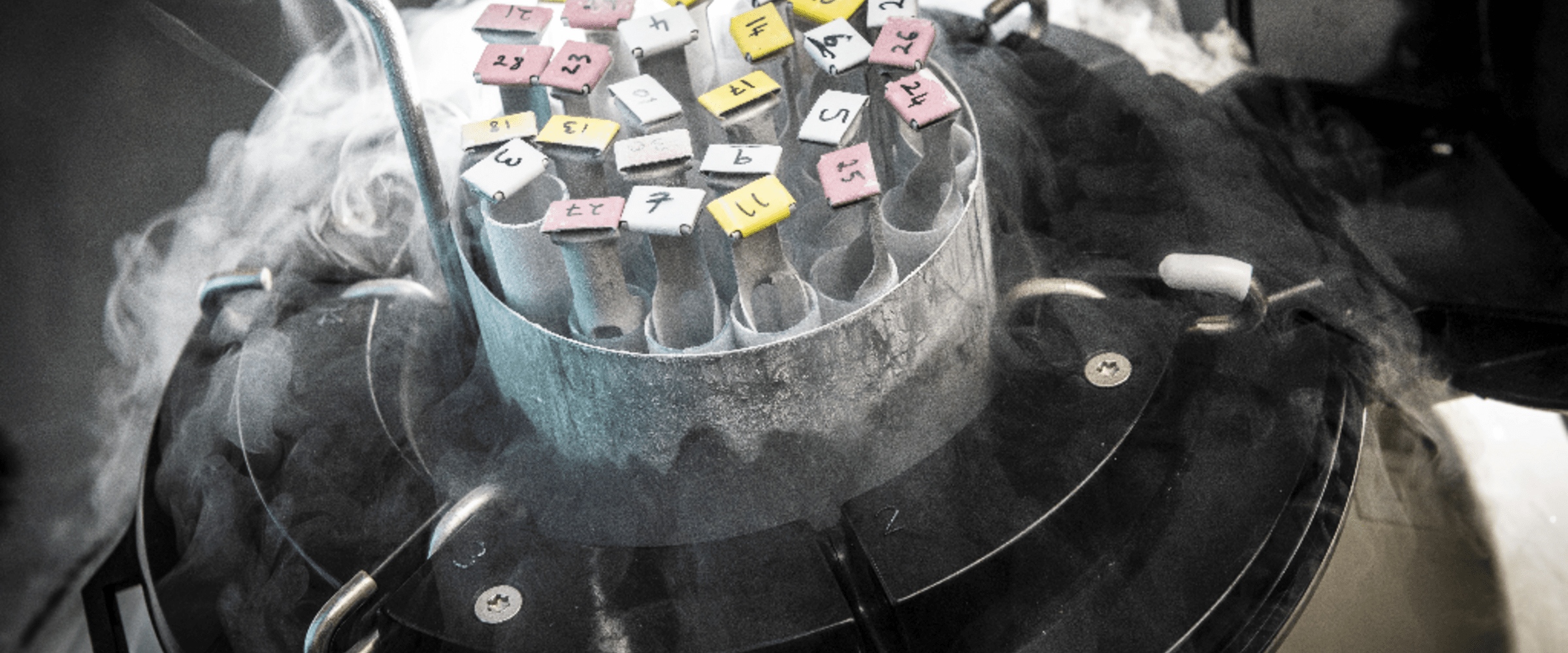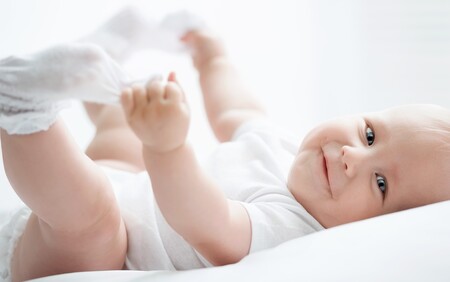
What Does Egg Freezing Involve?
Egg Freezing At A Glance
- A woman is born with all the eggs she’ll ever have, with age they decrease in quality and quantity
- At 35 a woman’s fertility starts to significantly decline, but this process actually starts much earlier in life
- Egg freezing is the process of storing a woman’s unfertilised eggs to increase her chances of conceiving at a later date
Egg Freezing In Detail
We see a lot of woman starting families later in life but the truth is our chance of conceiving naturally decreases as we get older, with 35 being the tipping point when it comes to fertility decline.
It’s worth knowing what your chances of falling pregnant naturally each month are:
- Early to mid-twenties: 25% chance each month
- Age 30: 20% chance each month
- Age 40: Around 5% chance each month
With age being the biggest factor affecting a woman’s fertility (by age 40 it’s fallen by more than half), we encourage women to be proactive in their approach to exploring assisted reproductive technologies like egg-freezing before their fertility undergoes a significant decline.
What Are The Steps Involved In Egg Freezing?
Egg freezing requires 10-12 days of self-administered hormonal stimulation via daily injections, followed by a 30 minute collection procedure (usually done under twilight anaesthetic) followed by the freezing and storing of the eggs. Although far from an on-the-spot procedure, many women find the peace of mind invaluable, with their eggs often being successfully stored for many years.
How Can I Start The Egg Freezing Process?
Our fertility specialists are happy to meet with you to advise you on your options.

